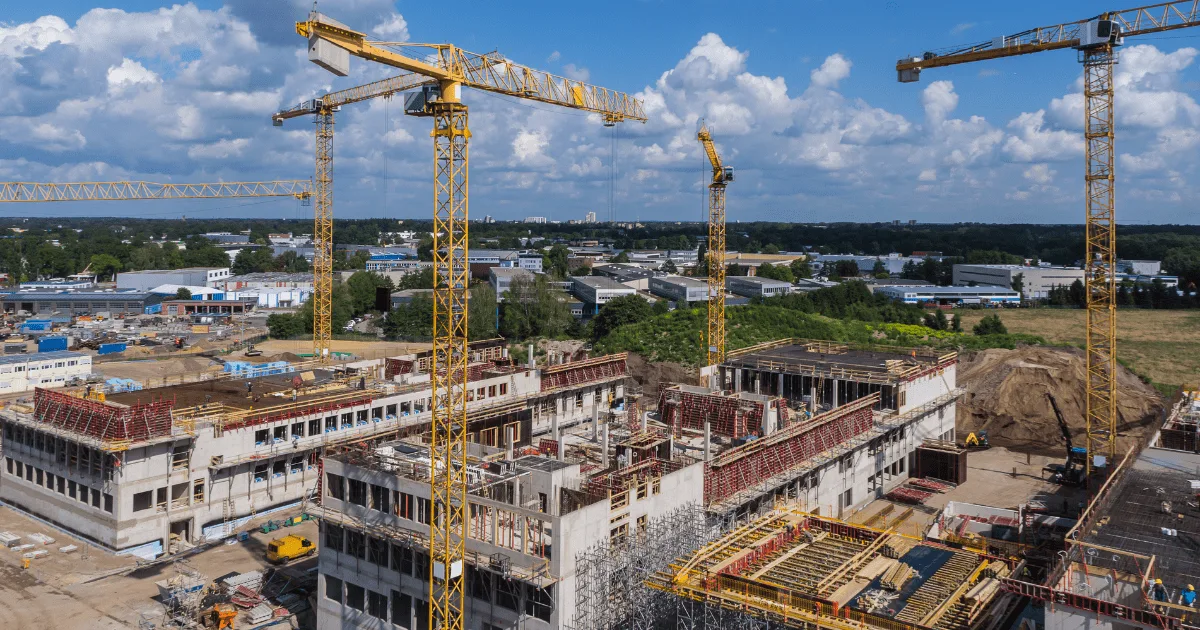Lower EU limits for cadmium in food advantage for the production of sustainable mineral fertilisers
”One consequence of this decision should be to amend the EU Fertiliser Regulation, allowing for lower levels of cadmium in mineral fertilisers. If so, that would be an advantage for LKAB and our plans to produce circular, fossil-free and cadmium-free mineral fertilisers”, says David Högnelid, Chief Strategy Officer at Business Area Special Products.
Mineral fertilisers
Today, about half of the global agricultural production is estimated to be dependent on added nutrients in the form of mineral fertilisers. Nitrogen (N), phosphorus (P) and potassium (K) are the most important nutrients in modern mineral fertilisers. Half of all agricultural production in the world depends on these added nutrients. Sweden is unique in Europe as the only major economy without its own production of mineral fertilisers.
Cadmium content in mineral fertilisers
Europe is import-dependent on phosphorus, which is a finite resource. Some of the phosphorus imported contains cadmium, which can cause kidney problems and osteoporosis. If you apply mineral fertilisers with a high cadmium content, this risks being absorbed into what is grown and thereby consumed as food.
A report from the Swedish Chemicals Agency in 2012 estimated the socio-economic cost in Sweden for consumption of cadmium through food to more than SEK 4 billion annually. Sweden has a lower limit value for cadmium in mineral fertilisers, an exception to the EU directive adopted in 2019.
”It is possible to produce mineral fertilisers without cadmium, therefore such requirements could be imposed on all producers. It is an example of how politics and market forces can work together towards developing sustainable production”, says David Högnelid.
LKAB's project for the extraction of critical minerals
The goal of the ReeMAP project is to recycle mining waste (tailings) from LKAB’s iron ore production through fossil-free processes and transform it into products that the EU classifies as critical raw materials due to high import dependence and great importance for our economy: phosphorus and rare earth metals. In addition, gypsum and fluorine products will also be produced in the industrial park, using wet chemical processes. Production is expected to start in 2027. Read more on our dedicated ree-map.com website.
External links:
COMMISSION REGULATION (EU) 2021/1323 of 10 August 2021 amending Regulation (EC) No 1881/2006 as regards maximum levels for cadmium in certain foods
Regulation (EU) 2019/1009 of the European Parliament and of the Council of 5 June 2019 laying down rules for the supply of EU fertilizer products on the market




